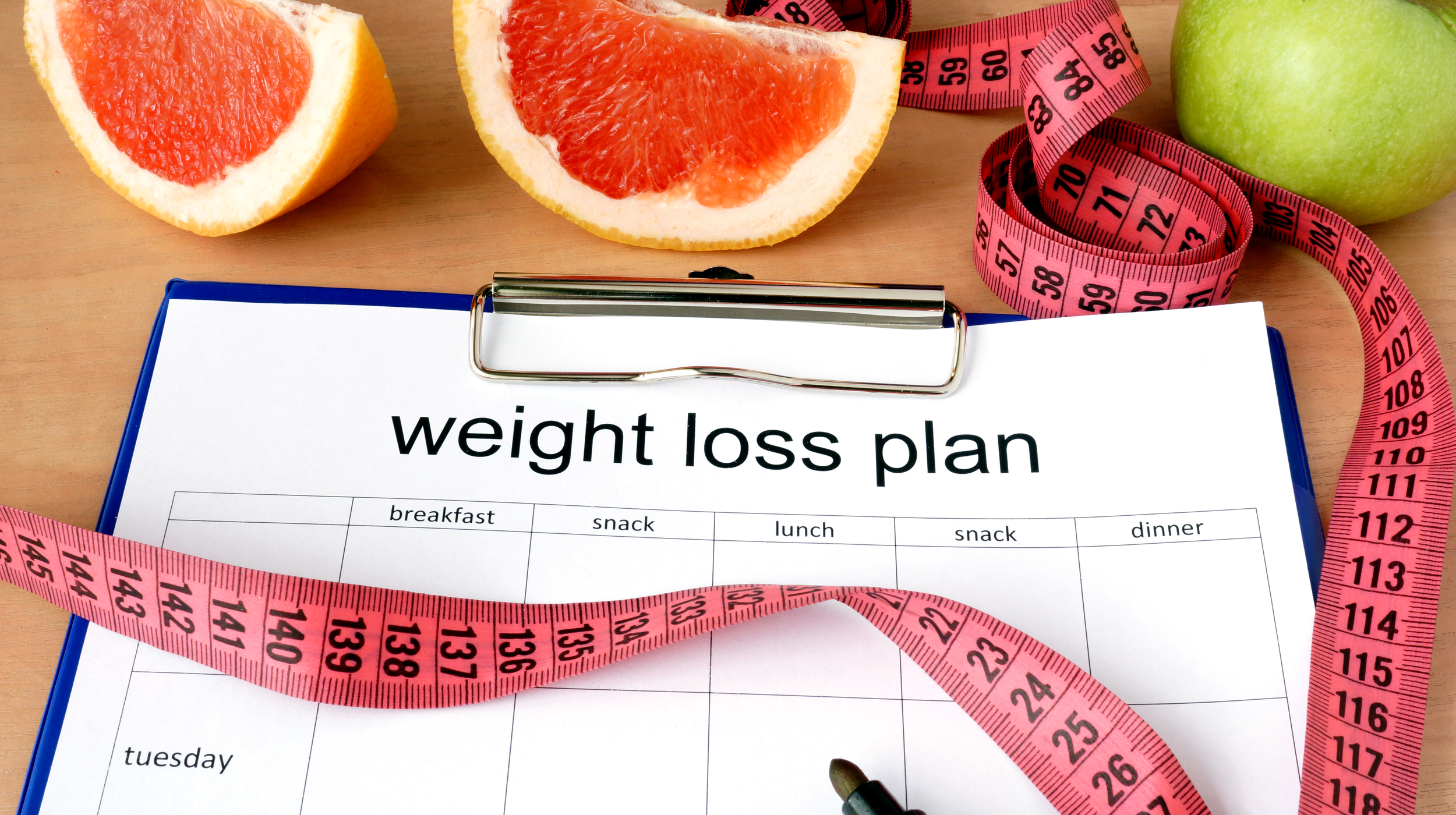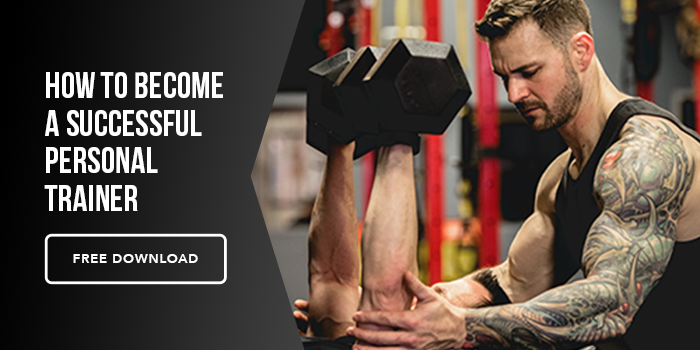As a trainer, the majority of clients you are going to get are probably going to want to lose weight. I would hope given you are a personal trainer, you have the resistance training side down. However, a big weakness for most trainers is they don’t have a good enough grasp on the nutrition side of things. They give advice that are probably best served only for the most hardcore (counting macros, going keto, etc.). Those work great don’t get me wrong, but for most of your clients it is going to be too hard for them to keep up with long term which is what you want.
For this article I’d like to take an easier approach for designing a guideline that will make weight loss a lot easier for your clients.
Find Their “Why”
Find the real deep connection to what being lean means to your client mentally and physically. We associate very strongly with behaviors. If I tell you I’m the type of person that puts other people's needs before myself, guess what? The LAST thing I want to do or you to say about me, is that I’m selfish. I will go ABOVE AND BEYOND to make sure that doesn’t happen because it's that strong of an identity. Trust me when I say this; you need THIS level of identification with your pursuit of this new goal or you will not stick with it. So who are you?
“I’m the type of person that wants to have low bodyfat so I can live long enough to see my kids grow up.”
“I’m the type of person that wants to be in single digits because I saw what being heavier did to my family.”
Now try telling the examples above they aren’t that type of person that cares about family. See what fire it ignites in them.
Measure Their Progress
What gets measured gets improved. Especially if you want single digits. Everyone has their own method but you can’t fix what you don’t know is wrong.
- You can use weekly body-fat measurements to make sure it's their fat and not muscle going down.
- Track calories/behaviors to educate them on how much in general they are eating. It brings awareness to their intake, and allows you to fine tune where they’re slacking.
- Take weekly pictures. On rough weeks you can go back and see how far they’ve come.
Plan Ahead
TEACH THEM TO SET THEIR KITCHEN UP FOR SUCCESS! If it’s unhealthy, addicting snacks, and it’s in the house, they are GOING TO EAT IT. I don’t care how much discipline they think they have.
General Tips You Can Recommend: Cook meals ahead of time! Take the guesswork out of your week. Going out with friends? Check out the menu online beforehand so you can make the best possible choice at that moment. In fact, eat a healthier more satiating meal beforehand so you are less likely to binge later.
Change HOW they eat
We need to spend more time paying attention to our satiety and how our body is responding. Don’t worry about them measuring or weighing their food. Just be present. How do they react to certain foods? How about a whole meal? Have they ever tried seeing how they feel after a pizza vs after some salmon and rice?
Tell them to pay attention to how often they are onto the next bite before even finishing eating the first one. Recommend a smaller plate if they find they overeat and need help controlling it.
Having said that we can dive a little deeper to make building new habits easier with even smaller adjustments you can have them implement one week at a time:
- Drink More Water -
People mistake thirst and dehydration for being hungry. The next time you think you’re hungry try drinking 20 ounces first, and waiting 20 minutes, and see if you are still hungry. You might be surprised to see how not hungry you actually are. People also spend too much of their liquid intake leaning towards sugary or flavored drinks. Obviously eliminating any high sugar drinks alone is going to play a big factor in weight loss. I’ve had clients drop the weight they wanted simply doing that! But even the sugar free drinks can be bad for you. People make the excuse that because their drink no longer has calories that means you can eat more food. The other benefit of drinking lots of water is it’ll keep your skin hydrated.
- Add Protein and Veggies -
When working with clients I try to give them an INCLUSION diet. We’re so quick in the fitness industry to tell people what NOT to eat. The problem with that is the moment you take something away from someone it’s all they think about. Instead try adding protein and vegetables. It changes your mindset towards the diet, and ideally, it’ll get you eating less of the processed crap because of how satiating it is.
You get the high volume and minerals from the vegetables without the calorie load, and the satiety from protein. Protein uses 30% of its calories just to break down. Fat nor carbs do that. These are probably the two most grossly under consumed foods as well. You need more protein not just for building muscle, but nearly every enzymatic process in the body requires it to function optimally. The fiber from veggies will help the bacteria in the gut and the good flora thrive.
- Eliminating Processed Foods -
Chips, bars, anything in a box. They are very palatable, and very easy to eat the whole box. This is the problem. You can easily eat a bag of chips just watching TV. A bag of chips is equal to 5 potatoes. Try eating 5 potatoes though. You’d probably get sick of it. Also, the chips are loaded up with fats to make it tastier so it’s twice as many calories as the 5 potatoes. That’s why extreme diets like the potato diet got so popular. It was to show people eating whole foods will increase satiety.
But more importantly, it teaches you what true hunger feels like. The simple fact that you wouldn’t be able to eat those five potatoes without feeling full proves that. Being more aware of what you’re eating and the effect they have on your body will take you much farther on your journey in terms of knowing what and how to eat long term. Your body will reset to a body fat and weight that’s more appropriate, and your energy will most likely increase as well.
Consistency!
Genetics aside, anyone you know who is living in single digit body fat isn’t half assing it. It is the choices they make every single day that reflect that. Thinking you can get there by sneaking in your current garbage level of eating and lack of adherence isn’t going to work. What got you overweight to begin with is going to keep doing that.
Knowing it’s a long term lifestyle, make the smallest possible changes.
- Trade the processed snacks for healthier alternatives
- Understand your relationship with certain foods
- Cut out sugar drinks and limit alcohol to 1-2 drinks a week
At the end of the day it all comes back to the first and final steps. Your identity and follow through. You can have the perfect plan, and best setup, but if you’re not consistent with following a regimen or having a truly meaningful reason for starting this journey, then you might not be ready. So, what type of person are you?






